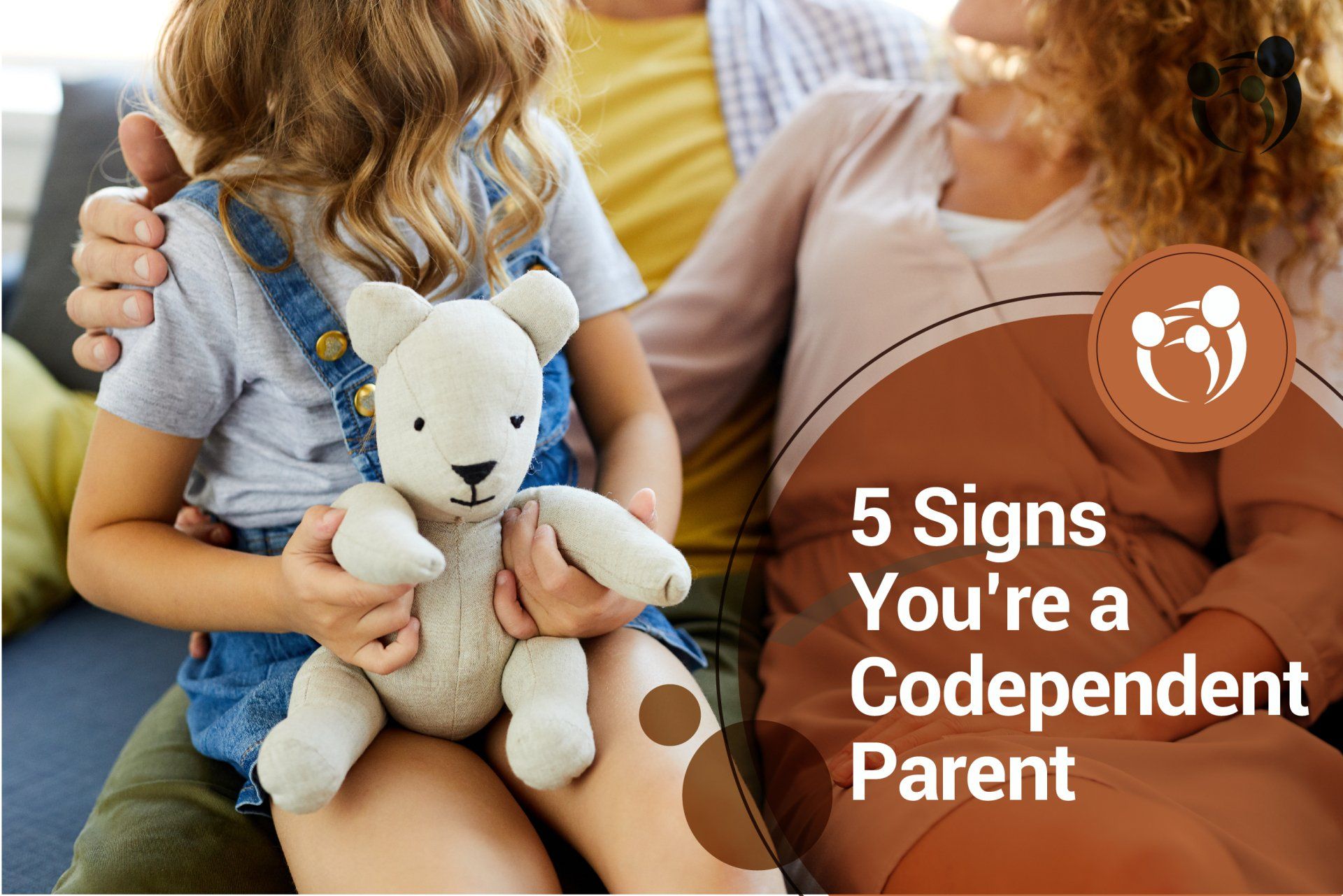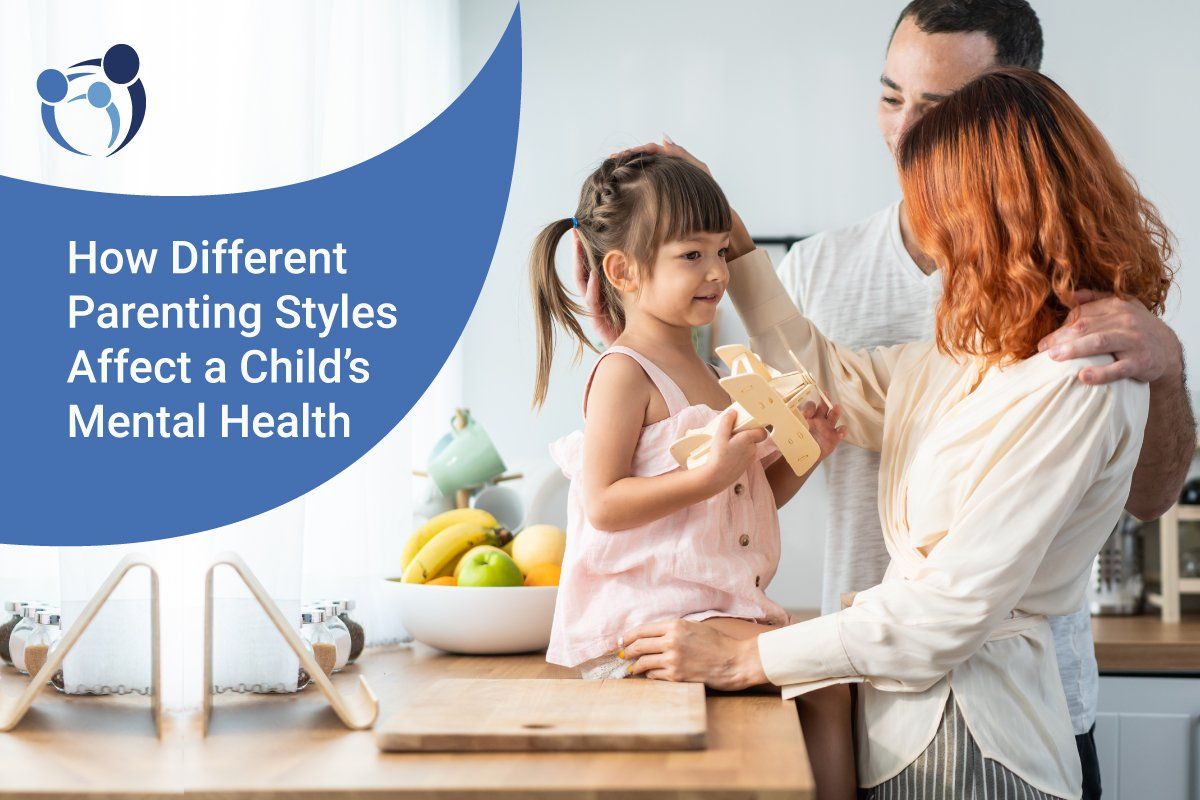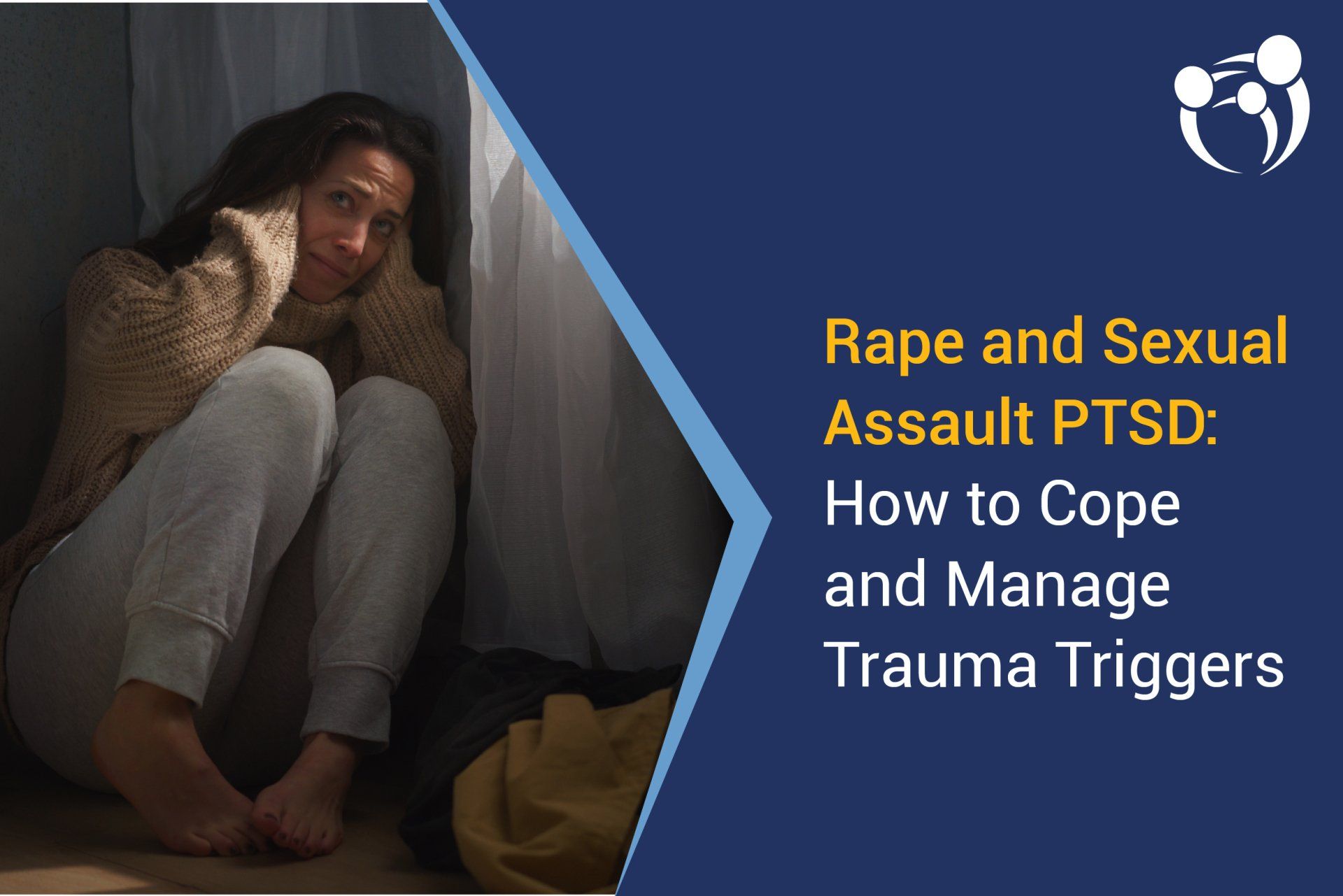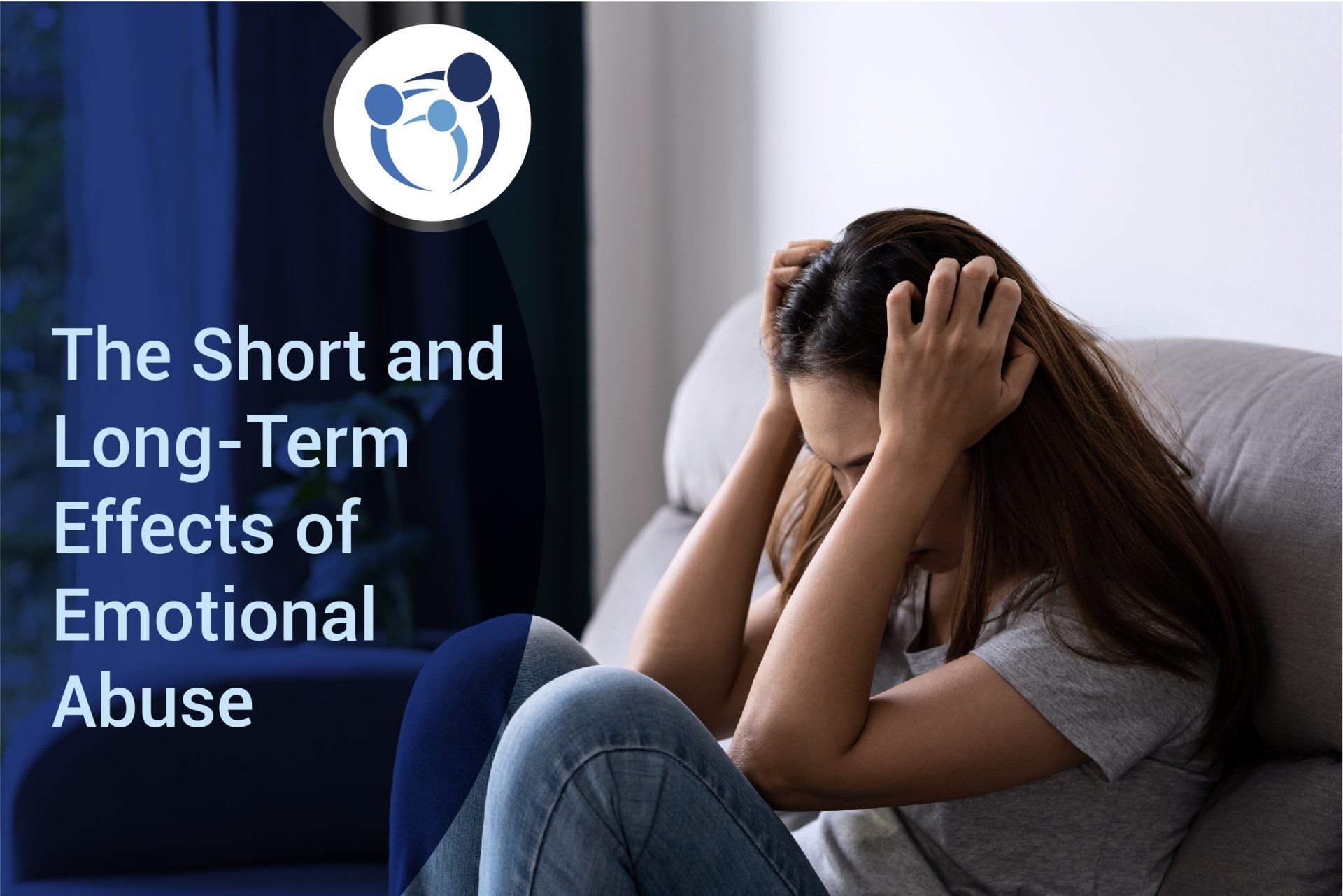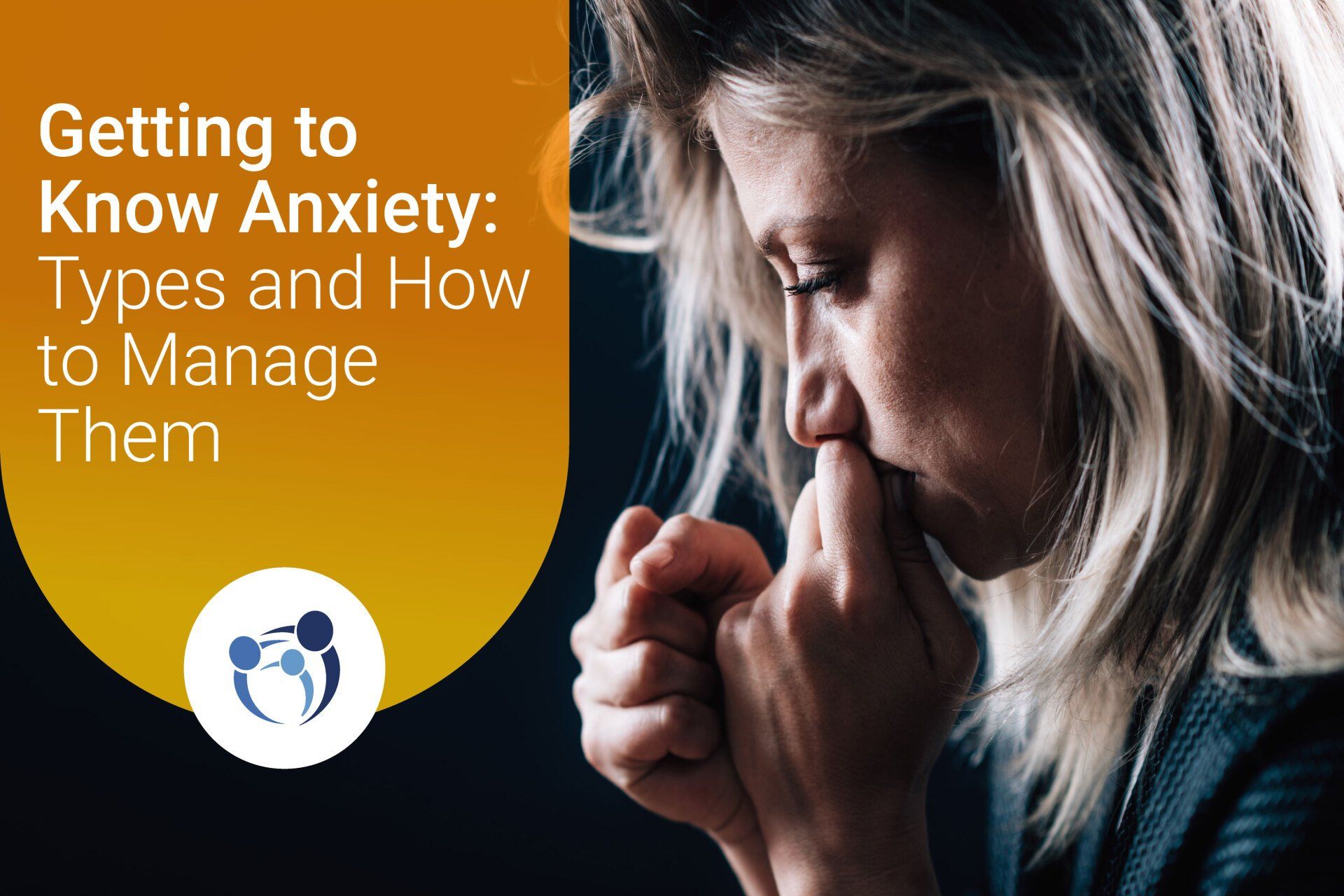Back in the day, codependency was often associated with alcohol and substance abuse. Today, advancements in modern medicine have broadened its scope. It can now be correlated with unbalanced parent-child relationships.
Parents, in general, strive to have a healthy relationship with their children. However, some circumstances can make it challenging. One reason for this is codependency. This behavior can negatively affect people's lives, especially if left undetected. The once healthy relationship between parent and child can end up in a mess.
That's why we've compiled the signs of codependency in this article. We aim to help you identify the early signs of having codependent behavior. We'll also highlight the potential repercussions of being a codependent parent and offer tips on how to heal your relationship with your child.
What Does It Mean to Be a Codependent Parent?
There is a fine line between good parenting and being codependent. The latter is a type of behavior that can potentially lead to serious consequences, especially if it continues throughout childhood into adulthood. Being a codependent parent means that you have an unhealthy attachment to your child.
While it is natural for parents to put their children's needs above their own from time to time, codependency extends beyond that level and is characterized by a parent's refusal or inability to separate from their child.
You are the type that often overlooks the restrictive and dysfunctional aspects of your close relationship with your child. The result is a relationship with blurred boundaries and toxic parenting habits. To better understand what it means to be one, let's look at the top 5 signs of codependency.
1. Too Much Control Over Your Child's Life
A big part of it is being in control too much, which can hinder your child's development to maturity. One prime example of this is taking away your child's independence. As a codependent parent, you find ways to discourage their independence even if they are at the right age. This results in your child feeling caged, which then causes resentment.
Control comes with many definitions. Here are other indications that you are too controlling.
- Too much involvement. As a parent, it's natural to get involved in your child's life. There are situations where parents can help big time. But getting too involved creates friction in your relationship. Your child may not have the space they need if you assert too much control. Let them decide on their own and guide them, instead of controlling their decisions.
- Improper Shouldering of Responsibility. A codependent parent takes the blame for their child's mood swings. They feel that they are responsible all the time, even if they're not.
- Codependent parents also believe their children's happiness depends solely on them. They feel they must manage every aspect of their kids' lives and won't allow their children to suffer any hardship or pain.
2. You Compromise Relationships
A codependent parent is obsessed with their children's happiness and believes they are responsible for it. They may even feel that their children's feelings and needs are more important than theirs. In a sense, they put their children first in everything, including their marriage or other relationships and careers.
3. You Use Emotion Manipulation
Parents with codependency enforce psychological strategies on their children. Here are some examples
- Passive-Aggressive Behavior Technique. This strategy refers to asserting aggression to your child in an indirect manner. An example of this is when a parent is upset and does the silent treatment instead of talking about it. This can hurt the child and leave them unsure of what caused their parents to be angry.
- Projection. This is a defense mechanism where parents relieve themselves of guilt, regret, or shame. When a parent cannot cope with a negative feeling, they project it onto their child. They essentially say, "It's not me; it's you."
- Creating Guilt. Using guilt as a weapon to put pressure on a child is very effective. A parent with codependency plays the part of the victim. They make their child feel like they're not getting them involved. As a result, their children often reassure their parents because of a guilty feeling.
4. Involving Children in 'Grown-up Conflicts'
Parental conflicts are normal. However, if you don't stop your child from getting involved in adult affairs, you could endanger their mental health. If you force your child to agree with you in an argument with your partner, it can be a sign that you are codependent. You might end up manipulating your child to select in your favor.
5. You Have a Hard Time Enforcing Discipline
A parent with codependent behavior has a difficult time enforcing discipline. They are often enablers because they make excuses for the other person's bad behavior and lack of responsibility. These parents would rather face disrespect than upset their children. For example, your child may have missed curfew multiple times, but rather than grounding her or discussing her behavior with her so she can learn from her mistakes, you provide an excuse for why she was late or even lie about what time it was. This enables your child to continue making bad choices.
The Effects of Codependency on Your Child
As a parent, you're supposed to love your children unconditionally. That includes giving them everything they need and protecting them from harm and danger. However, being overly protective doesn't do anyone any good. Family codependency is mentally exhausting. Children raised by codependent parents can be codependent themselves. They grow to have low self-esteem, diffused identity, and difficulty in saying 'no.' Moreover, they often have a misplaced sense of guilt in whatever they do and try to please people all the time. It also interrupts their mental growth towards independence. Some may even have trouble making decisions because they haven't learned to deal with life's problems independently.
How to Manage Codependency and Restore a Healthy Relationship
To manage codependency, you must learn to admit it first. Try to look deep into yourself and acknowledge that it exists. Accepting it will open doors to re-establish relationships with your family. Take these steps to begin dealing with codependency:
- Practice taking care of yourself. It takes effort and discipline to take care of oneself. Try to support your mental and emotional needs without involving your child. It's easier to deal with your child if you have peace of mind.
- Encourage independence. Sometimes, taking a step back helps more than you think. Encourage your child's independence according to age. Let them choose what they want to wear or eat what they want to eat. Freedom begets autonomy and maturity.
- Become an active listener. Listen to what your child has to say. Do not choose the words you want to hear. It also helps when you confirm that you understand what your child meant. Active listening is the key to effective communication between you and your child.
- Seek Professional Help. There are many ways to find professional help in managing codependency. A certified health professional is always the best option. In some cases where you're unable to find them, you can always check online. The internet contains vast information about dealing with codependency. All you have to do is take time to study.
Stop Codependency with the Help of ACFMW
Our health professionals provide exceptional service to parents with codependency behavior. We ensure quality sessions to manage codependency and restore a healthy parent-child relationship. Whether you prefer group therapy or one-on-one, we're ready to accommodate your needs. ACFMW aims to provide you with the best methods to kick codependency out of your life. Visit our website to learn more, or give us a call today.
